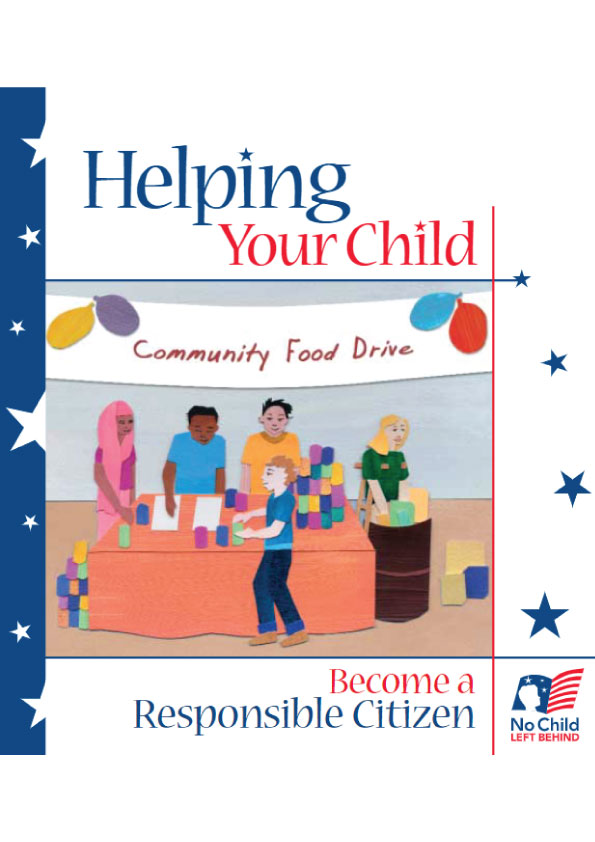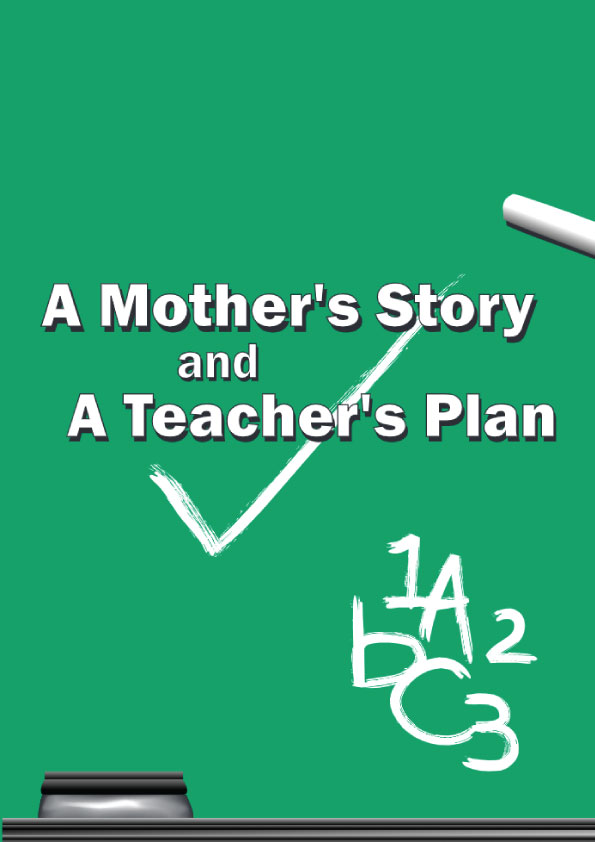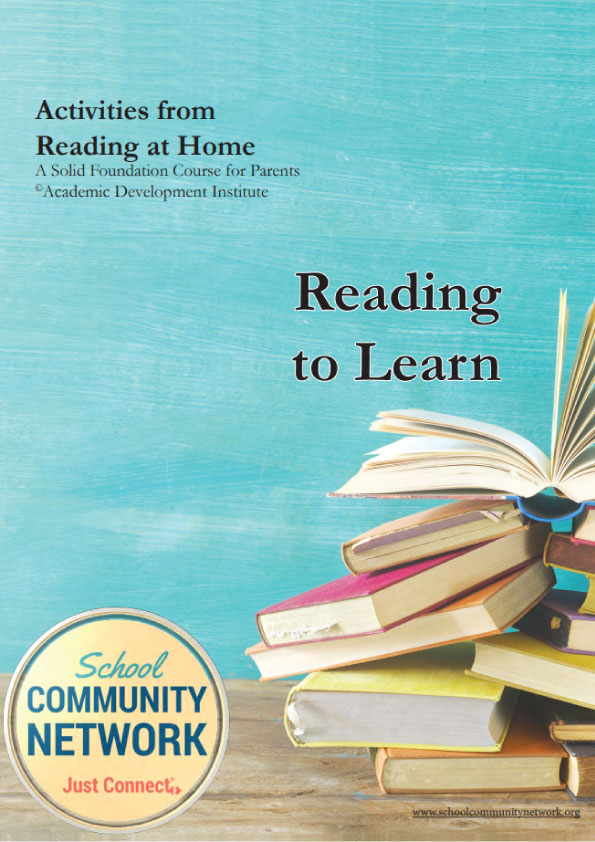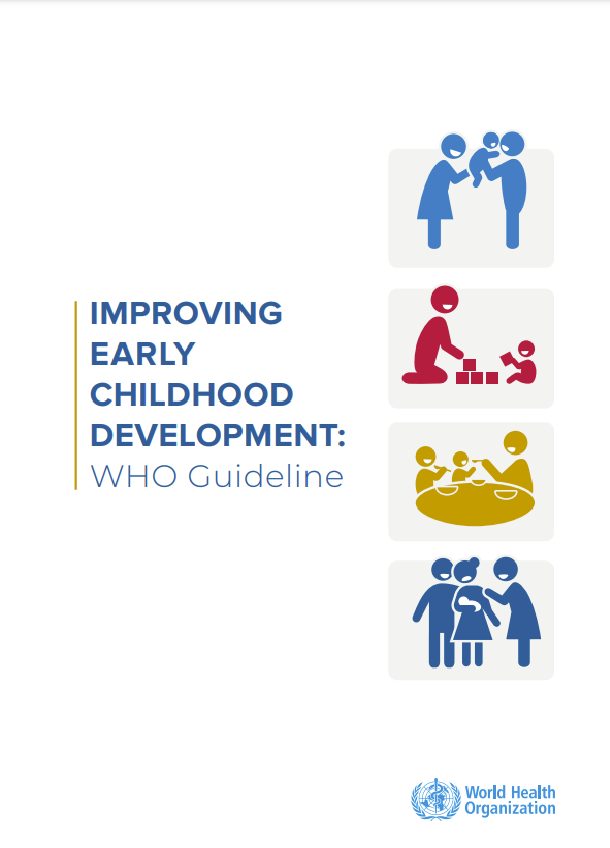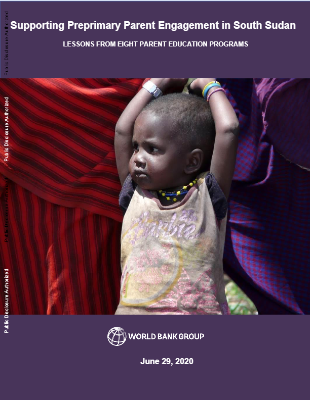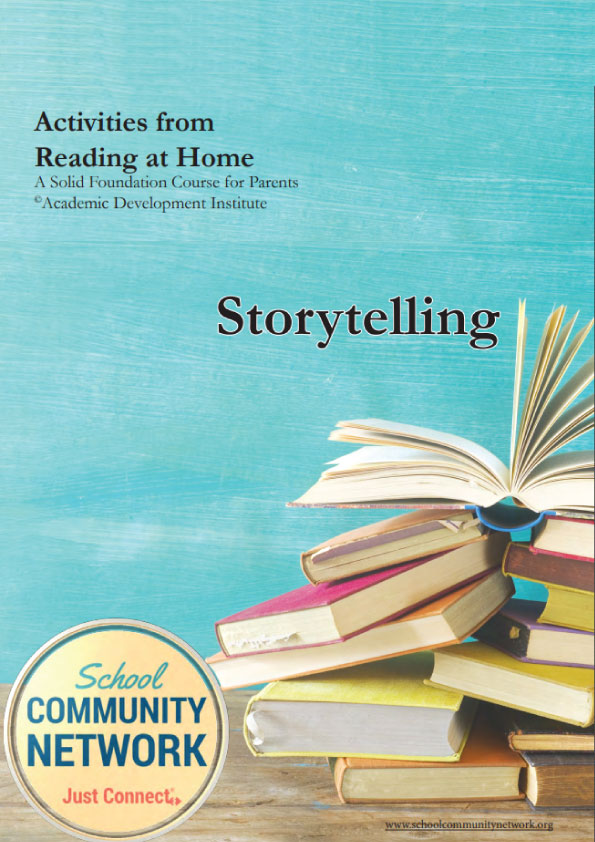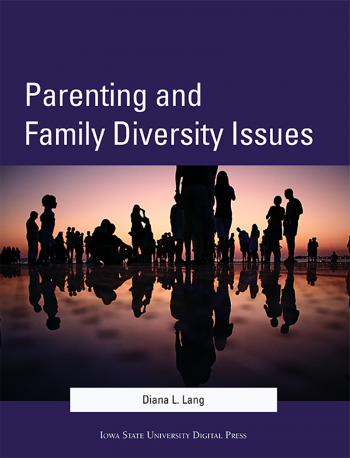Just as children must be taught to tie their shoes, read and write, solve math problems, and understand science concepts and events in history, so must they be guided in developing the qualities of character that are valued by their families and by the communities in which they live. It is only through guidance and modeling by caring adults that children learn to be honest and thoughtful, to stand up for their principles, to care about others, to act responsibly and to make sound moral choices.
This booklet provides information about the values and skills that make up character and good citizenship and what you can do to help your child develop strong character. It suggests activities that you and your school-aged children can do to put those values to work in your daily lives and tips for working with teachers and schools to ensure that you act together to promote the basic values that you want your child to learn and use. Finally, the booklet provides an extensive list of books and other resources with character-related themes that you can read and discuss with your child to encourage character and citizenship development.
Be assured that the qualities of character discussed in this booklet are universally recognized by people of many religions and cultures, and the information contained in the booklet can be used by parents from many different backgrounds and with different beliefs.
What Does “Strong Character” Mean?
Character is a set of qualities, or values, that shape our thoughts, actions, reactions and feelings. People with strong character
- show compassion,
- are honest and fair,
- display self-discipline in setting and meeting goals,
- make good judgments,
- show respect to others,
- show courage in standing up for beliefs,
- have a strong sense of responsibility,
- are good citizens who are concerned for their community, and
- maintain self-respect.
Compassion
Compassion, or empathy, means identifying with and being concerned about other people’s feelings and needs. It provides the emotional root for caring about other people. It allows us to be understanding and tolerant of different points of views and beliefs, it makes us aware of the suffering of others, and it allows us to empathize with them or to feel their suffering as our own. Compassion also allows us to feel joy and excitement—rather than anger and despair—at other people’s successes and achievements.
Babies may begin to cry when they hear other sounds of crying, and coo and laugh when they hear others making happy sounds. By the age of three, many children will make an effort to hug or comfort another child or a parent who seems upset. As children grow, compassion can guide their actions and behaviors in positive ways. They understand that by doing something wrong, they cause others pain or unhappiness.
We can promote compassion by helping our children to think about how others feel. For example, if your child says or does something hurtful to another child, help him* to focus his attention on the feelings of his victim by saying, for example, “How do you think Zack feels? Would you like to feel like that?” Children develop compassion by practicing acts of caring and kindness towards others. As adults, we need to emphasize the importance of helping others, giving others the benefit of the doubt and being open to differences.
Honesty and Fairness
Simply put, honesty means being truthful with ourselves and with others. It means caring enough about others not to mislead them for personal benefit. It means facing up to our mistakes, even when we have to admit them to others or when they may get us into trouble.
Fairness means acting in a just way and making decisions, especially important ones, on the basis of evidence rather than prejudice. It means “playing by the rules” and standing up for the right of everyone to be treated equally and honestly.
To understand the importance of being honest and fair, children need to learn that living together in a family, community or even a nation depends on mutual trust. Without honesty and fairness, trusting each other becomes very difficult, and families—and societies—fall apart.
Self-discipline
Self-discipline is the ability to set a realistic goal or make a plan—then stick with it. It is the ability to resist doing things that can hurt others or ourselves. It involves keeping promises and following through on commitments. It is the foundation of many other qualities of character.
Often self-discipline requires persistence and sticking to long-term commitments—putting off immediate pleasure for later fulfillment. It also includes dealing effectively with emotions, such as anger and envy, and developing patience.
Learning self-discipline helps children regulate their behavior and gives them the willpower to make good decisions and choices. On the other hand, the failure to develop self-discipline leaves children wide open to destructive behavior. Without the ability to control or evaluate their impulses, they often dive headlong into harmful situations.
Good Judgment
Children develop strong character by learning to think about and make sound judgments about what is right or wrong, good or bad. These are not always easy distinctions for adults to make, much less children.
For example, it can be difficult for a child to recognize the difference between acting bravely and acting recklessly. As parents, we can help by showing, through what we do as well as what we say, that it is important in such situations to think carefully and honestly about what should be done, carefully weighing how others will be affected by what we do.
Sometimes we get into trouble because we “just didn’t think.” We let our emotions lead us to actions that we regret later. Making good judgments requires skills in monitoring impulses, using reasoning to sort through feelings and facts, and thinking about the consequences of our actions.
Your child’s ability to think and make sound judgments will improve as she matures. With age, however, it also may become easier for her to try to justify and make excuses for selfish or reckless behavior. However, if you have helped her develop strong habits of honesty, courage, responsibility and self-respect, your child will have the ability to see the flaws in her reasoning and be able to come to the right conclusion about what to do.
